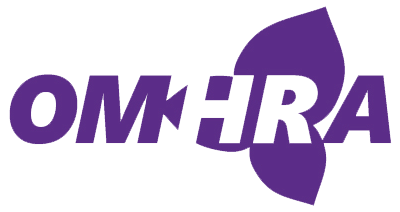
Workplace investigations in Ontario play a pivotal role in addressing allegations of misconduct, harassment, discrimination, and policy violations. Nevertheless, conducting a fair, comprehensive, and timely investigation can be challenging, particularly when the organization’s performance expectations and culture become influential factors affecting the process and outcome.
Performance expectations (PE) encompass the standards and objectives set by employers for their employees. These expectations can be formal or informal, explicit or implicit, and can vary across roles, departments, or industries. PE can significantly influence workplace investigations:
Pressure on Employees: PE can create immense pressure on employees to perform well, leading to stress, anxiety, and a fear of failure. Such stressors can affect how employees perceive and report instances of misconduct and how they engage with the investigation process.
Biases and Conflicts: Internal investigators or decision-makers may be swayed by their own PE or the expectations of their superiors, peers, or subordinates. Personal or professional relationships with the involved parties can also jeopardize their objectivity and impartiality.
Culture (C) defines an organization’s values, beliefs, norms, and practices, shaping how it functions and how members interact. Culture influences workplace investigations in various ways:
Trust and Openness: A culture of trust fosters open communication among employees and managers, encouraging the reporting of misconduct. Conversely, a culture of distrust and secrecy can hinder reporting and cooperation during investigations.
Compliance and Accountability: Organizational culture determines whether employees feel accountable for their actions. A culture of compliance and accountability supports effective investigations, while a culture of impunity and blame can impede them.
Diversity and Inclusion: (C) also impacts how employees experience misconduct. Inclusive cultures encourage reporting and ensure that investigators consider the impact of investigations on all groups and individuals.
In workplace investigations Reed Research conducted this year, we observed professionalism lapses, especially among those in positions of authority. Some employees, fearing being labeled as troublemakers, hesitated to report harassment, discrimination, or bullying. Others believed that senior employees were untouchable and that speaking up could lead to reprisals.
Despite organizations promoting culture values like respect, diversity, inclusion, and equal treatment, some participants felt their employer failed to uphold these principles when senior employees come under scrutiny.
Workplace investigations are influenced by the organization’s PE and C, which, in turn, are influenced by various internal and external factors. Employers must recognize these factors’ impact on investigations and work towards fostering a positive performance culture that supports fair and effective investigations.
Presented by

Archives
Categories
- Attraction and Recruitment
- Benefits
- Celebrating Success and Recognition
- Change Management
- Coaching and Conflict Resolution
- Culture
- Diversity, Equity and Inclusion
- Emotional Intelligence
- Employee Engagement
- Employee Performance
- Labour Disruption
- Mentoring
- OMHRA activities
- OMHRA Events
- Psychological health and safety of the HR professional
- Recruitment
- Recruitment and Retention
- Retention
- Uncategorized
- Unique ideas for recruiting in a tight job market
- Wellness
Recent Posts
- How Leadership Development Coaching Provides Better Outcomes
- Better Leadership: Focus on a Coach Approach
- Creating a Psychologically Safe Workplace
- Group Health Insurance – The Impact of Preferred Pharmacy Networks on Employees’ Mental Health
- Provide Real Support For Your Mid-Career Team’s Psychological Resilience

